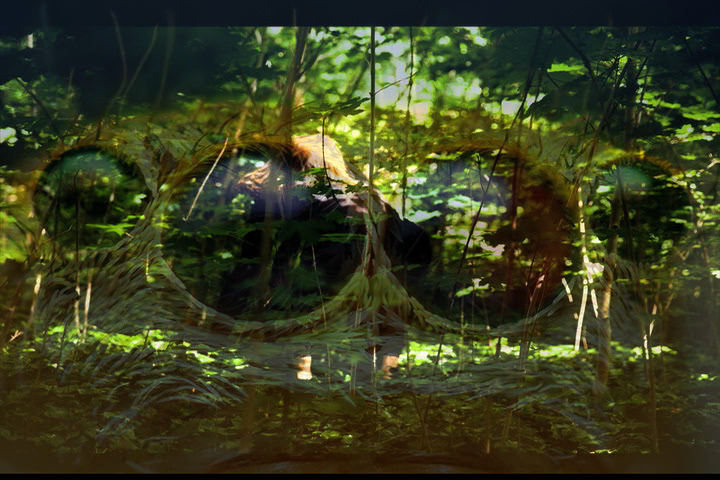This essay tries to read the pandemic-afflicted (human) world in terms of post-human translation. In echoing Anna Tsing’s call for “collaborative survival,” it speaks in images of human-spiders in the forest who sense the radical isolation of humans and, thus, loss of proximity. One witnesses ill-treatment of various bodies: those that are economized, racialized, or nationalized. In this way, the essay proposes a post-human approach to distorted intimacies worldwide. It uses multimodal means of reflection: film, photography, sounds, and words. Through such a combination of nonverbal and verbal elements, the essay argues against the divisions of humans-culture-nature. It asks the reader to rethink how we could exist in equal mutuality.
